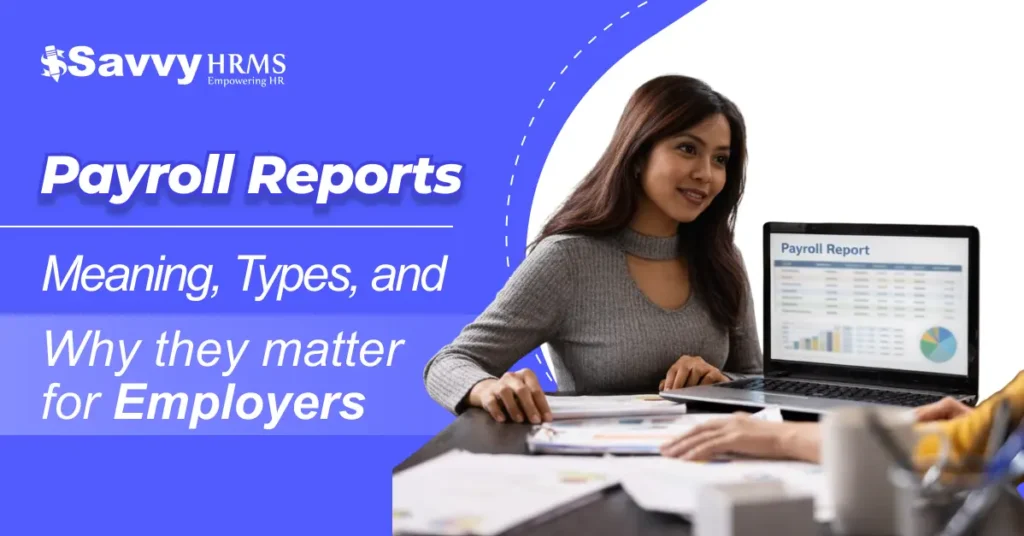A human resource manager might be involved in the hiring-side activities, such as employing new people or sitting in interviews. But the involvement one has expands far beyond these activities. The responsibility of an HR manager is across all departments and affects every employee. Ranging from payroll to internal disputes.
In a digital workplace, human resource management is not just about people. It is about strategy, analytics, compliance, and, lastly, the technological dimension. Let’s deep dive into what truly makes HR the pillar of a functioning organisation.
Recruitment and Selection
The first responsibility of an HR Manager is to identify & select the appropriate talent. JD writing, job postings, screening, and interviews are all procedures that are undertaken. An HR Manager will interact with other departments to ascertain that the job roles align well with company objectives.
Why it matters: The right talent lessens the time to employee and increases productivity.
Payroll Management
Payroll management is an important responsibility of an HR manager. The HR team calculates gross and net salaries and distributes payslips to employees. There are automated solutions, such as Savvy HRMS, that make this process easier.
Why it matters: The errors can corrode employee trust.
Performance Management
They establish the KPIs, detail the appraisals, boomerangs, and generally establish quotas. Managers will positively assist employees. And then recognise low and high performers.
Why it is important: Monitoring performance can highlight areas for improvement or efficiency.
Onboarding in the Responsibility of HR Manager
They outline policies, detail basic tools, outline mentors, and share the policies. All this is outlined in the employee handbook.
Why it is important: Positive onboarding drives engagement early.
Compensation and Benefits
A large part of the responsibility of hr manager is managing pay structures. HR professionals establish wage payments to hourly workers. Hence, determines bonus schemes for employees and the management of leave policies.
Policy Development and Compliance
HR managers develop internal policies. HR creates policies that are compliant with the organization’s goals & legal obligations.
Why it is important: Good policies create trust and predictability.
Conflict Resolution in the Responsibility of HR Manager
Conflict is inevitable & when these conflicts arise, HR serves as a neutral third party. Then, it gets the parties to agree on a solution or offers a fair solution on behalf of both parties.
Why it is important: Timely conflict resolution keeps teams happy and productive.
Employee Engagement in the Responsibility of HR Manager
Keeping employees happy and engaged is one of the most important tasks of an HR manager. HR managers research & plan activities such as team-building events, surveys, wellness programs & campaigns. HR Managers also promote and solicit employee feedback.
Why it is important: Happy and engaged employees want to work harder and are likely to be more loyal.
Conclusion
The role of an HR manager has changed. It is about developing systems that facilitate and support people and processes. If you have strong HR in place, teams will succeed, and organizations will ultimately grow. If HR strategically uses tools like Savvy HRMS, it can do more with less effort.
Are you an HR professional looking for simplified processes in your daily routines? Would you like to support people while reducing manual labour and improving accuracy? Check out Savvy HRMS; your all-in-one resource for everything. From payroll, data, recruitment, to HRMS, scheduling, and many more resources.
Do not wait any longer to update your HR Department today!
FAQs
Q1. As an HR manager, what are your daily responsibilities?
They have to manage recruitment, help employees, payroll, compliance, and team-engagement ventures.
Q2. Why is onboarding important (HR wise)?
Onboarding gives new hires a sense of welcome and allows them to increase productivity as quickly as possible.
Q3. How does HR handle conflict?
They stay impartial, in which they gather both perspectives on the conflict and implementing fair solutions.
Q4. Why is data management important to HR?
Having accurate data is important to know how employees perform, operate, and make decisions based on data.
Q5. Can HR software be that good?
Yes, platforms such as Savvy HRMS reduce paper & provide consistency. Automate, manage similarities and differences, Operationalize timeliness in multiple ways, and provide more time to a manager in hr software.




